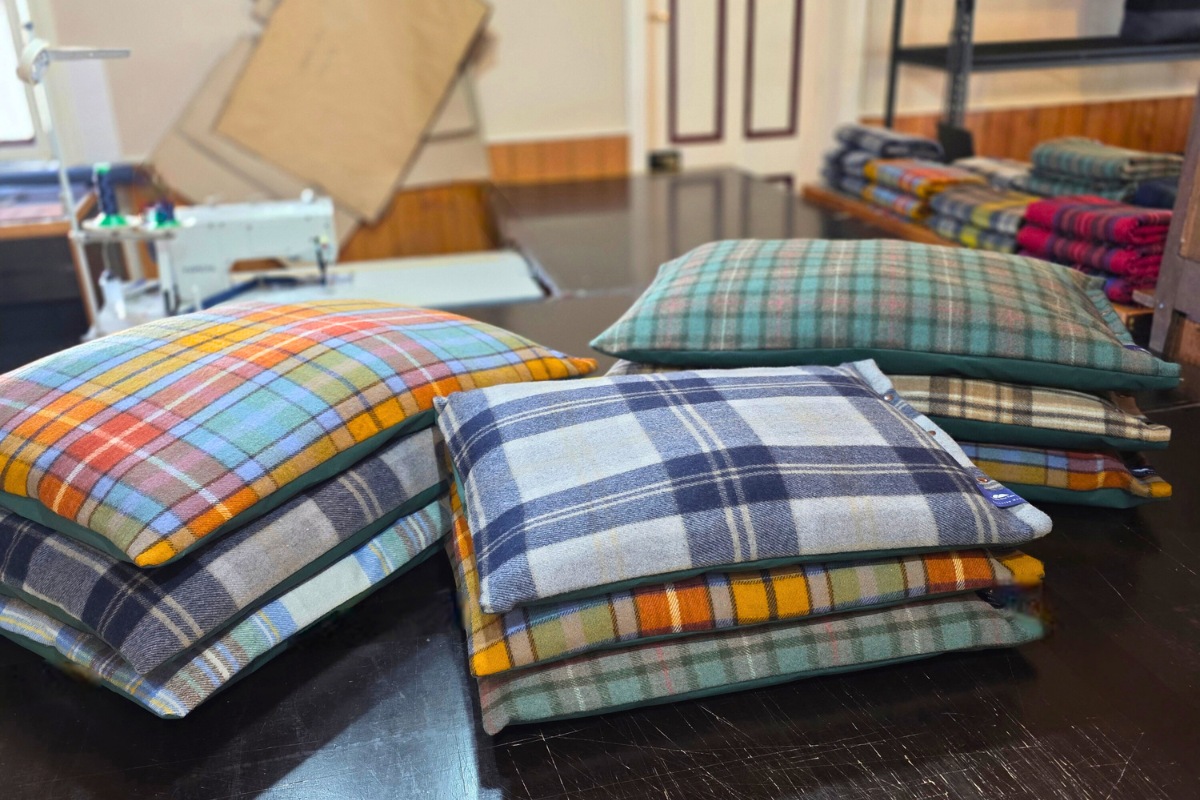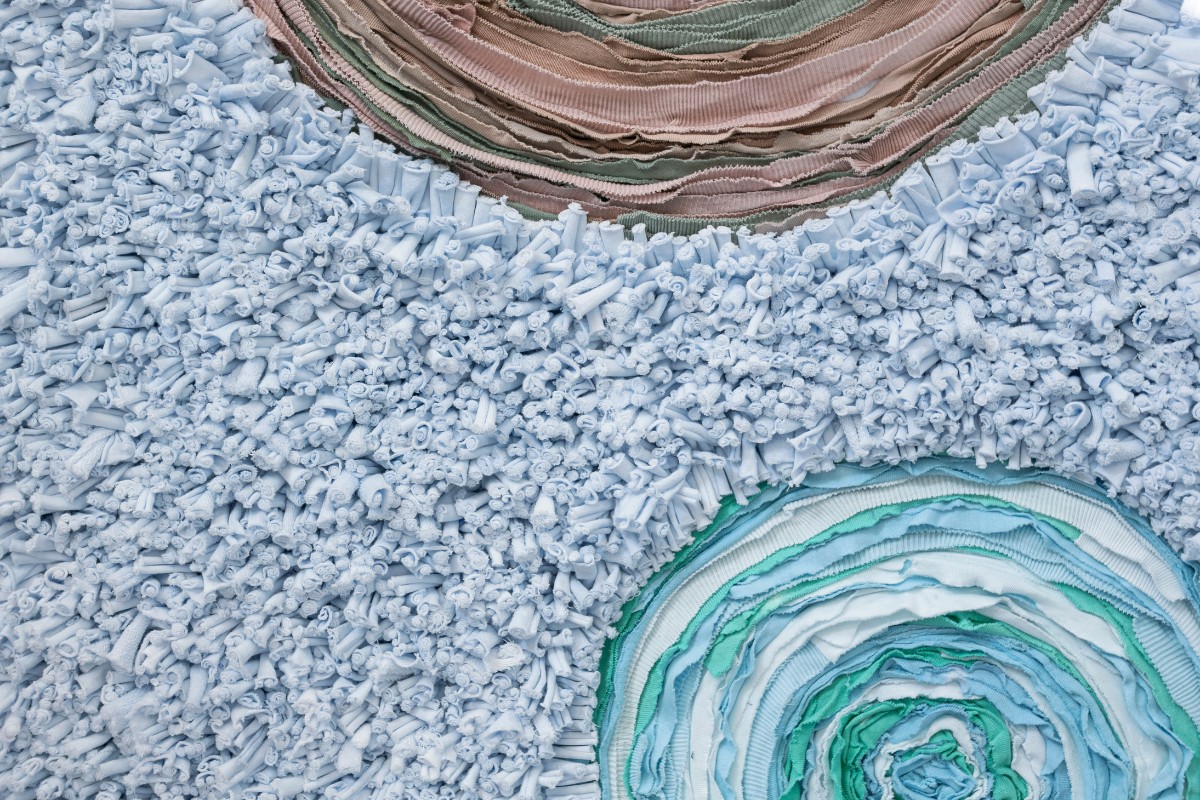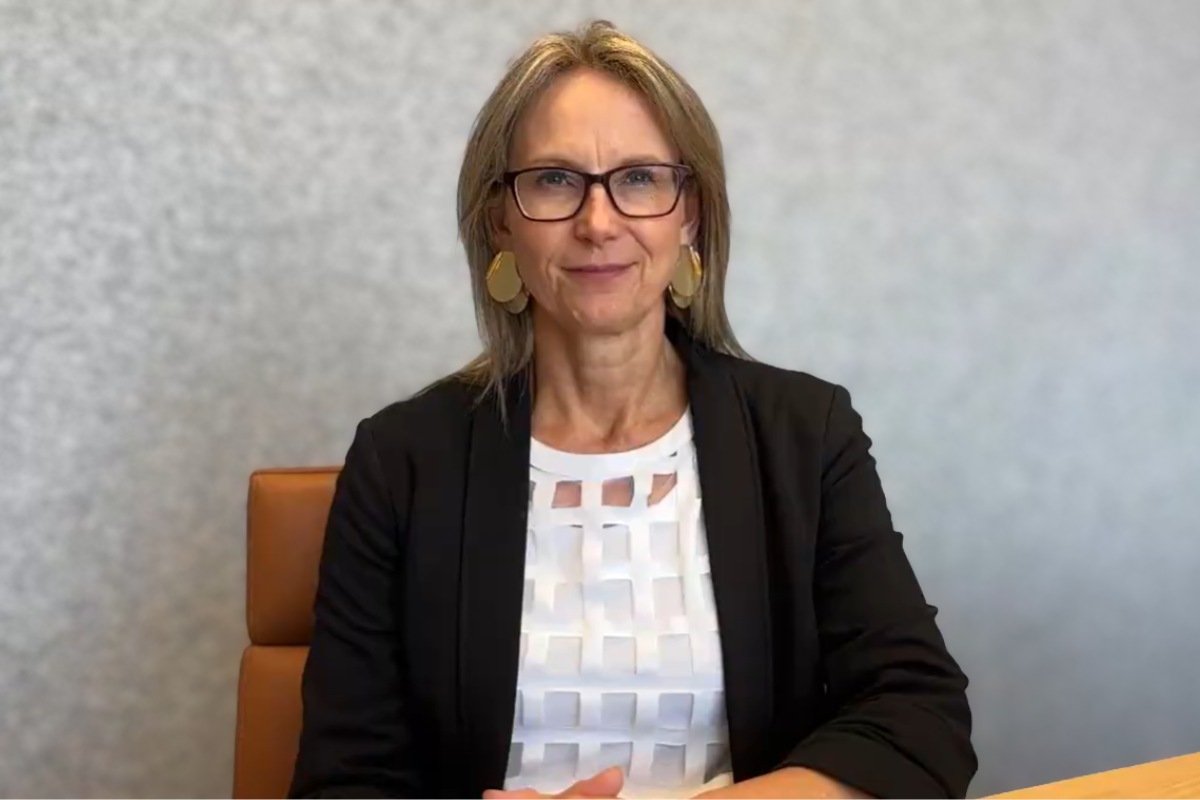The second Seamless State Government roundtable was held this month. Chaired by the NSW Environment Protection Authority (EPA) and attended by all states and territories, it fosters much needed connection and co-ordination on policy, programs and investment to divert clothing from landfill.
In addition to the NSW EPA, participants included representatives from the Department of Environment, Tourism, Science and Innovation (DETSI), Queensland; the Department of Energy, Environment and Climate Action (DEECA), Victoria; the Department of Water and Environmental Regulation, WA; Green Industries SA; ACT NoWaste and the Tasmanian and Northern Territory Governments.
Information and insights were shared about a wide range of innovative initiatives taking place across every state and territory in Australia, and we thank all of our representatives for their support, transparency and willingness to share their learnings as we journey towards clothing circularity in Australia.
Here’s a snapshot of some of the initiatives which our State and Territory governments are driving:
Australian Capital Territory (ACT)
ACT NoWaste are investigating solutions to address textile waste as part of a project on textile circularity, which includes holding a workshop with industry stakeholders such as charities and textile artists to inform their research. The ACT Government has also committed to undertake a feasibility study to establish a textiles hub, with a focus on how the hub can support the arts and creative industries.
NSW
The NSW EPA shared that NSW is developing a reuse and repair strategy aimed at expanding the reuse and repair sectors and keeping goods in circulation for longer and out of landfill. Meaningful steps are also being taken to improve sustainable procurement by government agencies through the “Choose Circular” program. They have also partnered with Seamless supporter Charitable Reuse Australia (CRA) to develop and launch a NSW Reuse Impact Calculator to enable NSW organisations to demonstrate the environmental, economic and social impact of their reuse activities. Finally, NSW has completed the largest commercial and industrial waste (C&I) audit in Australia, including a publicly available dashboard of C&I waste. Textiles is identified in the waste stream and by business sector.
Northern Territory (NT)
The NT Government shared that it is engaging further with the Remote OpShop Project and Circulanation to investigate challenges around textile waste in public hospitals. The Government is also investigating how to better address textiles in its new implementation plans under the National Waste Policy Action Plan.
Queensland
The Department of Environment, Tourism, Science and Innovation (DETSI), Queensland reported on local initiatives including support for an environmental stewardship education program run by the EcoMarines Foundation. The Government also has a four year partnership with the Garage Sale Trail to increase reuse of household items across Queensland, has provided funding to BlockTexx for textile recycling and is driving Project Boomerang which supports Seamless supporter, Salvos Stores to establish a cutting-edge circular economy textile hub in Brisbane.
South Australia
The South Australian Government's comprehensive new Waste Strategy will be sent out for consultation in May 2025.
Tasmania
In Tasmania, the State Government is part of a forum with charities, the disability sector, Rethink Waste, tip shops and interested individuals which focuses on addressing textile waste. The Government is also working on the new State Waste Strategy 2026 - 2029 and clothing will continue to be a focus area. New grant rounds are being made available in both March and May 2025 to reduce and reprocess priority waste including clothing. Additionally, the number of repair cafes continues to grow in Tasmania and the Charitable Reuse Australia impact calculator will be released on 24 March 2025.
Victoria
The Department of Energy, Environment and Climate Action (DEECA) developed the latest edition of the Circular Economy Market report, which will be released in the coming weeks. The report identifies local textile waste challenges and links to broader state circularity efforts.






